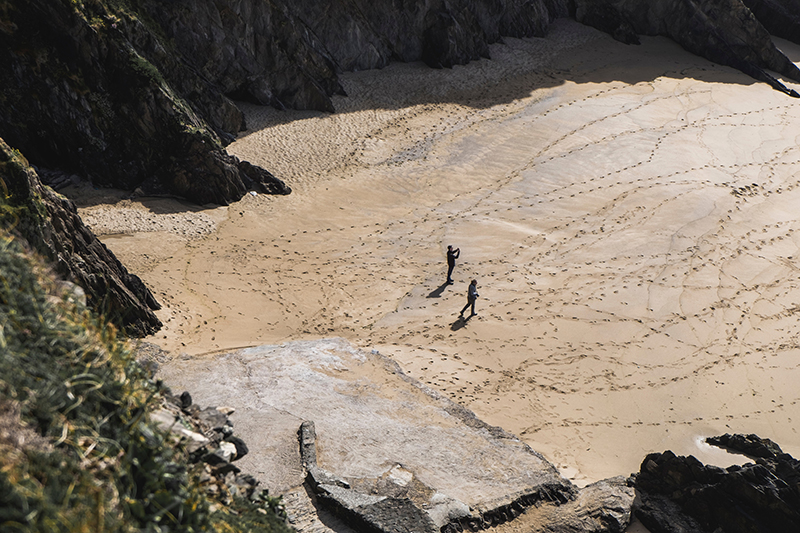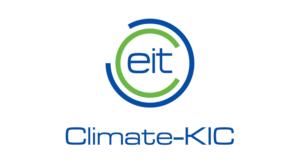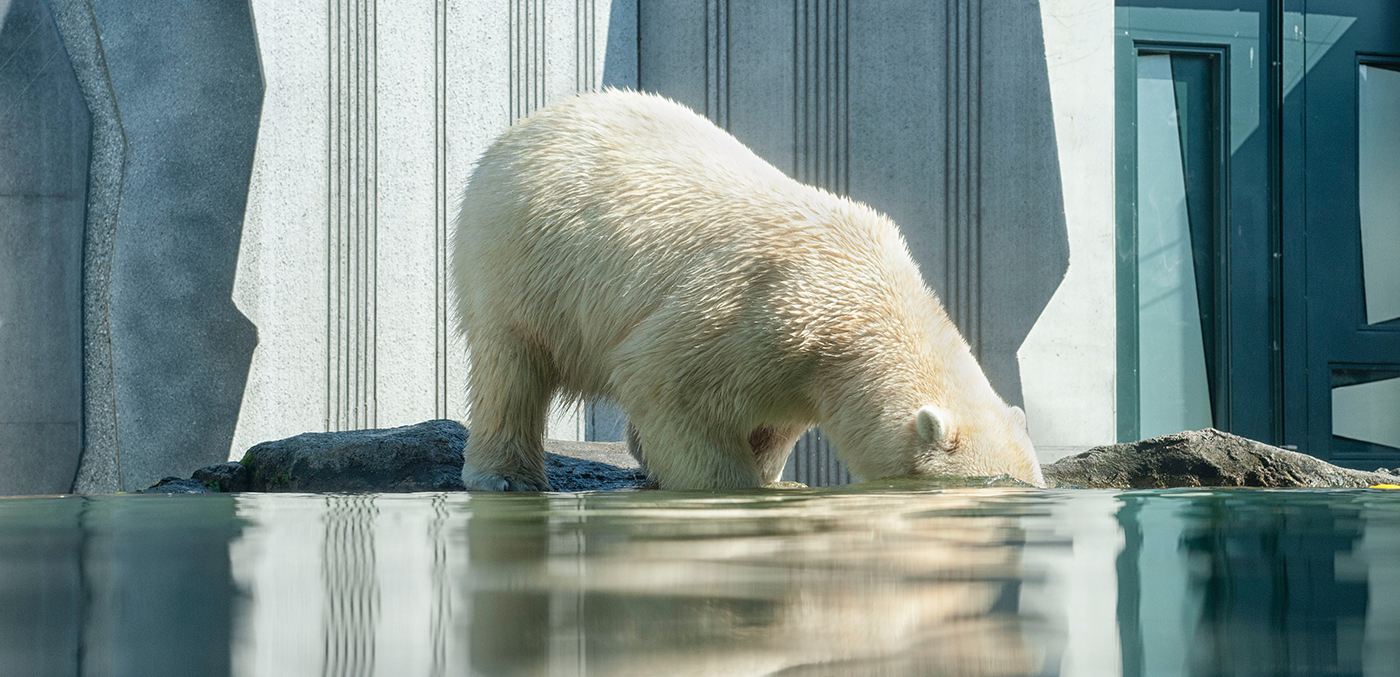A report released today by Stats NZ and the Ministry for the Environment identified that climate change is already having a massive negative impact on New Zealand and this will get worse. The report states that 2016 was the warmest year on record, New Zealand’s annual average temperature has increased by 1 degree Celsius since 1909 and our glaciers have lost a quarter of their volume since 1977. ” Climate change is already potentially irreversibly affecting New Zealand’s natural systems. We can expect more severe effects on the environment and our human systems as the climate continues to change.”
There is a strong desire to do more both in New Zealand and internationally. The political debate during the recent election campaign showed that while most people agreed New Zealand has been doing comparatively well economically, it isn’t acceptable if the cost is increasing inequality and pollution of our land and waterways.
In a recent Pure Advantage article, I highlighted the global rise in viewing our actions as part of a system and moving from a siloed view of the world to whole systems thinking and collaborative approaches. By doing this we can deliver significantly more with the same level of investment.
Climate change may well be the most complex systems problem we have ever faced. The solutions, therefore, need to focus on understanding and changing the system.
We all have a part to play in doing this. Almost every human activity is linked to the use of greenhouse gases. Every time we eat a meal, buy clothes, travel to work, we are making decisions that impact the climate.

Image by Caterina Beleffi
While we can make a difference as individuals by thinking about our personal choices, the big wins are increasingly coming where an organisation understands their actions as part of something bigger.
The best thing about taking a systems approach to climate change? We can reverse our rising emissions and at the same time deliver social, environmental and economic benefits. It is a massive opportunity.
Much of the momentum is coming from initiatives which focus on cross-sector, multi-organisation, high impact systems change. Moving beyond personal actions, government actions or individual business actions, the agenda is where these come together.
Today I am going to focus on two substantive initiatives that support such actions. The first is from Europe and the second is from New Zealand.

Climate-KIC:
Climate-KIC is one of three Knowledge and Innovation Communities (KIC’s) created in 2010 when the European Commission committed billions of euros to support arms-length partnerships focussed on accelerating innovation to market through systems solutions.
Climate-KIC’s mission is to “bring together, inspire and empower a dynamic community to build a net zero carbon economy and climate resilient society”.
Success is measured against:
- Climate-positive economic growth – jobs, and new or improved products and services leading to new or increased revenue;
- Climate mitigation – tonnes CO2 equivalent reduction; and
- Climate adaptation – people and assets protected.
It is an open partnership of circa 260 organisations covering private, public, research, academic and not-for-profits from across Europe. Partners are chosen for their ability to contribute to the innovation ecosystem, whether they bring innovation expertise, supply-side resources, demand-side needs, relevant networks, scaling capacity or leading-edge education. Partners pay an annual membership fee and co-fund about 80% of the cost of the activities.
The broad range of activities can be crudely grouped into three areas: education – building the human capital required for long-term climate action; entrepreneurship – enabling the best ideas and start-ups; and innovation – piloting and trialling new technologies, business models, legal frameworks, social practices and cross-sectoral thinking.
Climate-KIC activities focus on the four thematic areas that offer the greatest opportunity to deal with climate mitigation and adaptation while driving the future economy. The thematic teams each support dozens of projects across education, entrepreneurship and innovation:
- Urban Transitions: developing integrated, interoperable, scalable and replicable systemic solutions to underpin carbon-negative, responsive, resilient cities.The Smart Sustainable Districts project works with some of the highest aspiration cities and district scale developments across Europe all looking to deliver global exemplars of smart and sustainable. The focus is on districts because this is the scale where real systemic or integrated solutions are being delivered. For example; at Queen Elizabeth Olympic Park in London, the focus is on both optimising the current £10bn worth of infrastructure and shaping the future circa £15bn of development in the pipeline. The aim is to “[t]ransform and integrate one of the most challenged areas in the UK into world-class, sustainable and thriving neighbourhoods”
- Sustainable Land Use: producing innovative scalable solutions to generate value for actors using land resources while reducing emissions and increasing carbon sequestration and societal resilience.The Climate Smart Agriculture Booster project accelerates the adoption and scaling of low-carbon (“climate-smart”) technologies and solutions across Europe’s agri-food sector to boost the productivity and resilience of EU agriculture and food systems, cut greenhouse gas emissions and drive global sustainable development.
- Sustainable Production Systems: accelerating the transition to economically viable circular models, decoupling growth from resource use and greenhouse gas emissions.The EnCO2re project offers a comprehensive approach to CO2 re-use as industrial feedstock for fuels, chemicals and materials i.e. turning CO2 into reusable products. It comprises activities in technology development, product development, technology acceptance, ecological assessments and market development.
- Decision Metrics and Finance: creating innovative, transformative tools and systems to measure impacts, unlock investment and change behaviour.The OASIS Hub project started when a small number of the world’s largest insurance and reinsurance companies came together and agreed that with increasing risk from climate change and ever increasing uninsured losses, a new approach was needed to analyse and price risk from extreme events. There are now more than 40 of the largest insurers and reinsurers involved with a range of programmes that have the potential to transform the world of risk assessment because of its transparent and open access nature.
A major strategy refresh in 2015/16 surveyed partners and wider stakeholders to understand the core value proposition to partners. The headline conclusion was that Climate-KIC was “a trusted facilitator of transformative innovation, providing a bridge between business, academia, research and government”.
While New Zealand doesn’t currently have anything like Climate-KIC, our three largest cities are hosting Climathon next week, Climate-KIC’s global hackathon. You can get involved.

Image by Tim Foster
Transition Hub
What New Zealand does have is The Transition Hub, a cross-government unit championed by the Chief Executives of the Natural Resources Sector government departments and focussed on accelerating New Zealand’s transition to a low emissions economy. While still in the set-up phase, the ambition is high. To create a small unit that connects and catalyses across all of government on the choices available to meet our Paris targets, set future targets and set us on an accelerated pathway to a low emissions economy.
The design team has been challenged to think differently about how government might work to support this ambitious and far-reaching objective. Systems thinking and innovation are at the core. Expertise from outside government is being brought in to help ensure this is something that works with all parts of the economy and society.
While the 2030 options are a priority they are not the end game but a step in a longer and wider process to transition to a resilient, adaptive and competitive low emissions economy.
The Transition Hub is proposed as a light touch function, primarily focussed on informing, aligning and connecting; i.e. ensuring that there is clarity on where we are heading, supporting better connectivity and highlighting where there are gaps and/or opportunities not being exploited.
The design team are working closely with those driving associated programmes such as the review of the Emissions Trading Scheme, the Adaptation Working Group and the Productivity Commission’s inquiry into the opportunities and challenges of a transition to a lower net emissions economy.
By having systems thinking at the core, the Transition Hub can work across government to identify opportunities where existing policies and spends can be tweaked to help mainstream resource efficient and low emissions solutions. Rather than treating climate change as a massive liability, it becomes a part of all relevant policy and investment decisions. This improves the return on investment, due to emissions reduction being one of many benefits.
There are many authoritative studies which provide evidence that the benefits of moving toward more sustainable, low carbon growth far outweigh the risks of inaction, which include extensive loss of life, livelihoods, and infrastructure, as well as increased food insecurity and water scarcity. These studies, starting with the 2006 Stern Review and including the 2010 Pure Advantage Green Growth report, the 2016 Royal Society Low Carbon Economy report, the 2017 Vivid Economics’ Net Zero report, the 2017 OECD Investing in Climate, Investing in Growth report, and the 2017 International Energy Agency New Zealand report all show that improving economic performance and pursuing low-carbon, climate resilient growth is not only compatible but can be the same objective.
These reports and many others have identified some of what is needed to ensure a swift and timely transition to a low emissions economy. These include:
- An understanding of options for how NZ can meet 2030 and 2050 commitments, relative sector contributions and the role of the ETS and international carbon markets;
- An urgent need to upgrade the evidence base to directly drive the planning and policy options, support the creation of new products and services, and to accelerate the take-up of innovation;
- The need for a holistic approach that understands the systemic nature of climate change challenges and of the solutions required;
- Understanding that this transition involves behaviour change across all sectors of society. This is not business for any one organisation, we all need to evolve our thinking and behaviours;
- A greater focus on innovation and enterprise to help deliver faster the solutions we need today and to create the culture and economy needed to respond to future risks and opportunities in a timely manner.
This adds up to a collective challenge, and opportunity, to approach policy and implementation differently, harnessing expertise across government, but also catalysing and connecting with innovation and supporting voluntary actions that can reduce emissions at no or minimal fiscal cost.
The government faces difficult choices, such as which regulatory lever to use, that involves weighing costs and benefits and require strong evidence. Meanwhile, many businesses, households, iwi and other stakeholders are already taking actions to reduce emissions.
So the Transition Hub approach is to focus both on what is needed for government and on supporting and catalysing voluntary actions from others now that could help reduce our longer term liabilities and maximise wider societal value.
Over the next 12 months, the Transition Hub design team will work closely with those organisations vital to delivering a low emissions economy and climate resilient society to identify and start to test options for a cross government, cross society approach. While at an early stage, the potential is exciting.

Image by Liane Metzler
While today’s Climate and Atmosphere Report is disappointing, by showing the massive impact climate change is already having on New Zealand, let it be a call to action for all of us.
A call to consider working in different ways and with people and organisations outside our normal silos.
A call to replicate and scale the many excellent initiatives driving positive change in New Zealand and internationally.
And a call to focus on systems change that can reverse the emissions trend and deliver the kind of New Zealand we all want to be part of.




Leave a comment